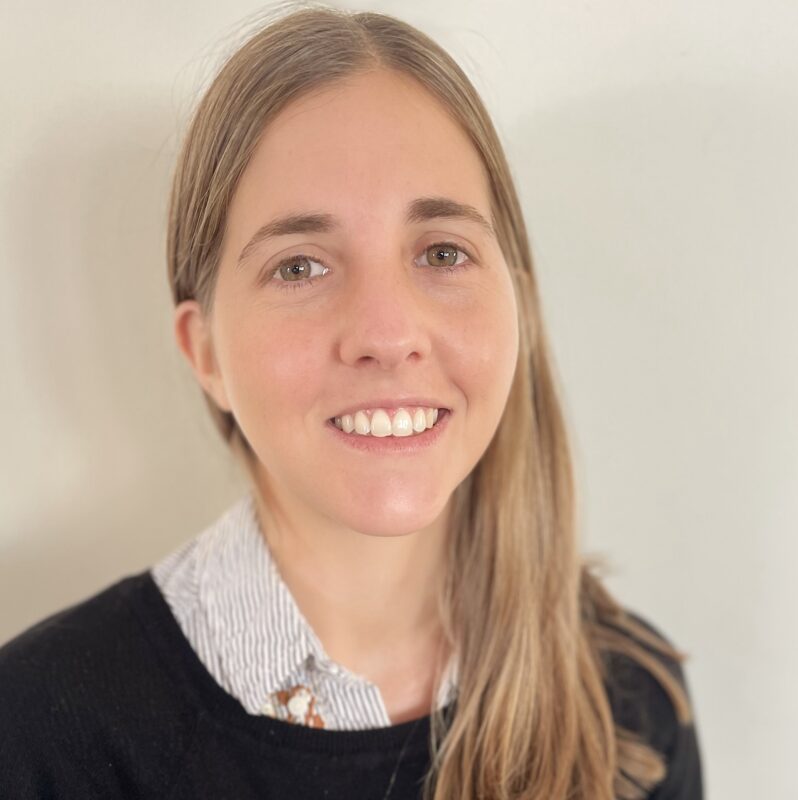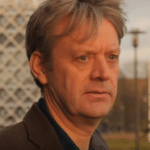Redefining Education: Moving from Old Stories of Progress to New Narratives of Relationality
by Victoria Desimoni
PhD Student in Education Policy and Evaluation
Arizona State University
In a world shaped by dominant narratives of development, progress, and individual success, it is time to rethink the stories we tell and the ways we live. As homo narrans—storytelling beings—we narrate ourselves into existence (Escobar et al., 2024), meaning that our relationships, worldviews, and sense of belonging are shaped by the stories we tell.
For too long, the dominant story has been one of self-interest, competition, and consumption. This story positions us as isolated individuals, disconnected from the Earth and each other. But what if we told a new story—one grounded in relationality (Walsh et al., 2021), recognizing our deep interconnection with each other and the more-than-human world?
One of the most crucial arenas for this shift in narrative is education. Weili Zhao, Stephen Carney, and Iveta Silova explore how modern education systems have been built on anthropocentric foundations. Education has long positioned humans at the center of learning, promoting mastery over nature and reinforcing that knowledge serves economic progress. However, the crises we face today—environmental, social, and existential—highlight the need to move beyond the human to a more relational understanding of our place in the world. Rather than focusing on utility and economic value, a relational and pluriversal education (Escobar, 2020) emphasizes interconnectedness, care, and coexistence with multiple ways of being and with more-than-human beings.
As Jon Shelton points out, the dominant story has also manifested as the education myth, which perpetuates the idea that individuals must invest in themselves to succeed in a competitive labor market, while the systemic inequities that prevent true equal opportunity continue to be ignored. He argues that education alone cannot rectify the shortcomings of capitalism; broader reforms in labor and economic systems are essential. In this context, Arjen Wals urges us to critically reflect on the values education reinforces and to rethink its purpose: Does it serve humanity and the planet, promoting ways to live within ecological limits, or has it become just an extension of the economy, preparing individuals for a lifetime of work and competition? Capitalist values (Silova et al., 2018) embedded in our educational frameworks do little to protect the Earth. How can we reorient our educational ethos towards prioritizing the health of our communities and the planet? This call to action echoes the necessity for a narrative shift—one that embraces relationality, community engagement, and ecological awareness as foundational principles in education.
Relationality also offers a pathway out of the myths of progress and development that have driven us toward environmental degradation and social inequity. Aizuddin Mohamed Anuar presents the story of post-colonial Malaysia, where development was equated with modernity and urbanization. However, as Malaysia developed, the environment was sacrificed—clear rivers became polluted, and communities lost their connection to nature. What was once seen as progress has led to deforestation, flooding, and the destruction of communal spaces. Aizuddin’s reflection on the environmental and social costs of development challenges the linear narrative of progress. Progress is often seen as a forward-moving, singular trajectory that prioritizes economic growth over everything else. Through his family’s and his own experience, Aizuddin learned that progress doesn’t necessarily mean forward movement. It can also mean returning to the relational practices that once sustained us, when humans understood their place within a web of life. It’s about reconnecting with what the old stories of development taught us to forget—the value of our ties to the land and each other.
Like Aizuddin, Mari Casellato agrees that development can never be sustainable. Through the exploration of environmental politics in Brazil, she highlights the need to understand the systemic nature of the crisis that threatens the world’s future and that is causing inequality, poverty, environmental degradation, and violence. Furthermore, she shows how relationality can be a practical tool for change. Mari shares the story of a radio program led by children, who used the platform to explore environmental issues on their terms. Through this program, the children recognized their role as political actors with agency and voice. She states, “We will only have environmental balance when we have socioeconomic balance, which includes understanding that children and youth are valuable members of our society with the potential to effectively contribute to political discussions.” This program is a powerful reminder of how education can be transformative when it centers on relationality, enabling young people to become active participants in the creation of new stories.
As these episodes showed us, stories need to change and can be changed. Sylvia Wynter reminds us, “That which we have made, we can unmake, then, consciously now, remake.” (p. 75). This is where education plays a crucial role—not as a tool for reproducing outdated stories but as a means to unmake and remake our world through new narratives.
October 3, 2024








